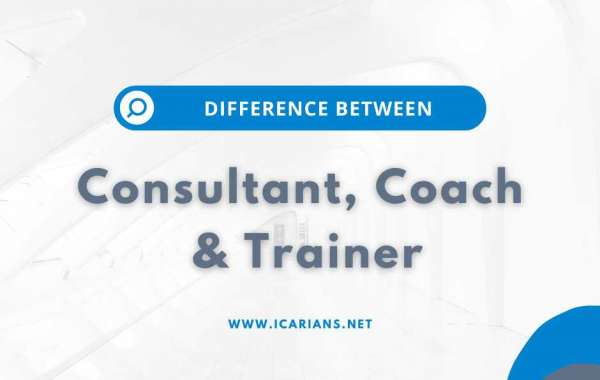Your Content is prepared. You've practiced and went through it multiple times. You're prepared to convey a top tier training program. Regardless of how pre-arranged we might feel, Training profession is ensured to give us the unforeseen. So how would we turn when confronted with students who don't find value in the program or who don't accept what you offer with your ideal understanding?
How do you Train the untrainable?
Here are five hints to address training the untrainable and accomplishing those performance results we take a stab at.
1. Keep up with Composure
Embrace the accompanying mantra: "It's not about me." Rinse and rehash as essential. As coaches, we're accustomed to keeping up with our self-restraint in sudden occasions, yet it's more fundamental than any time in recent memory when training the untrainable. In the event that we work on expecting sincere goals with respect to students, we build up a mentality that permits us to excuse the conduct introduced at the time and spotlight on carrying the student alongside us, in spite of any self-evident (or even covered up) obstruction.
2. Categorize the Untrainable
Let's get straight to the point, we aren't looking at summing up or restricting our students. We're looking at utilizing what we know from Benjamin Bloom's classifications of learning and evaluating which classification is making our students untrainable. Contemplating where the obstruction starts can give us a spot to begin. Then, at that point, we can appropriately survey whether it's an information issue, an expertise issue, or then again in the event that we need to get into our suit to influence the attitude change.
3. Build Empathetic Connections
Permitting our interactions with students to start from a compassionate spot permits us to identify our students as humans and individual experts instead of only students. What we can be sure of is that they may in fact be detainees or vacationers in our Training sessions; yet tracking down that out as fast as we could and considering how we can bring them along in a a way which suits them can create a significant association that allows learning and engagement to happen.
4. Acknowledge the Demand
Few people (including me) love a test; some would prefer not to be confronted with them. As mentors, we should acknowledge the demand of training the untrainable with certainty—certainty which shows that we are equipped or outfitted with the abilities, information and knowledge (and a little compassion—see the 3rd point) to view at that untrainable student as a test who can indeed survive.
5. Remove the Barrier
We as a facilitators need to set aside a few minutes for setting assumptions toward the start of the training occasion in a manner that is not so much academic but rather more about working and facilitating the knowledge with the contribution to set the boundaries of the learning. This goes inseparably with having individuals focus on their own learning with objective setting, recognizing their WIIFM ("what’s in it for me"), and assessing their training by asking inquiries like, "How might you apply this idea at work or during a project?"
Final Words - We should realize that grown-up students are self-coordinated and esteem pertinent. To defeat obstruction from our students or trainees, we need to assist them with setting up the criticality of the abilities and information we are furnishing them with.
And we should endeavor to change each student into a characteristic pioneer.














